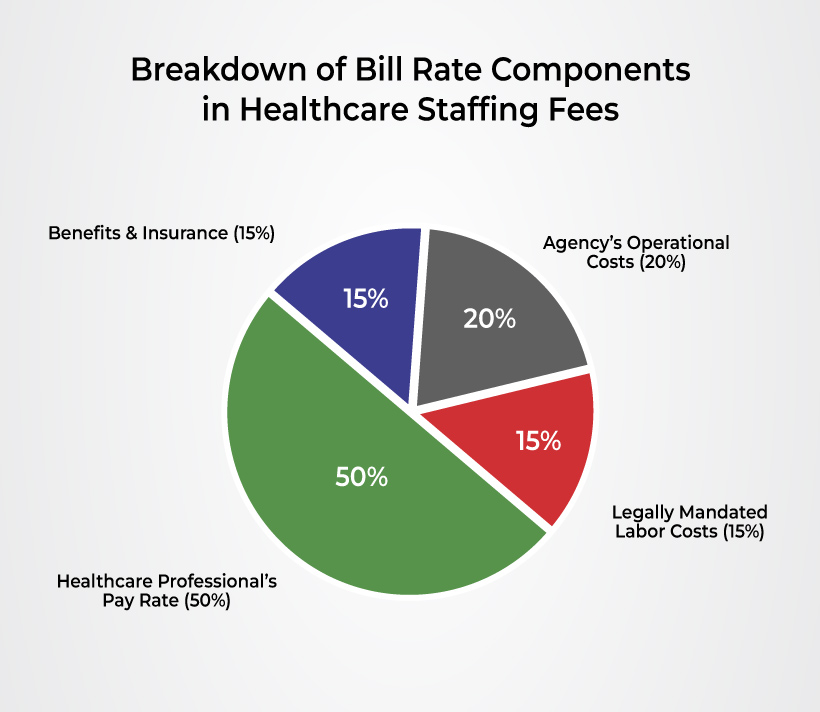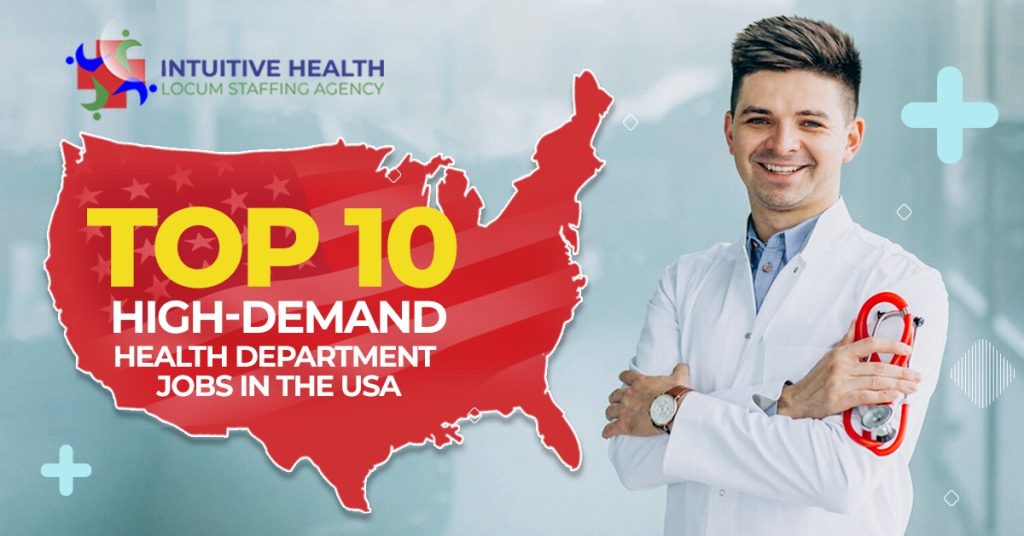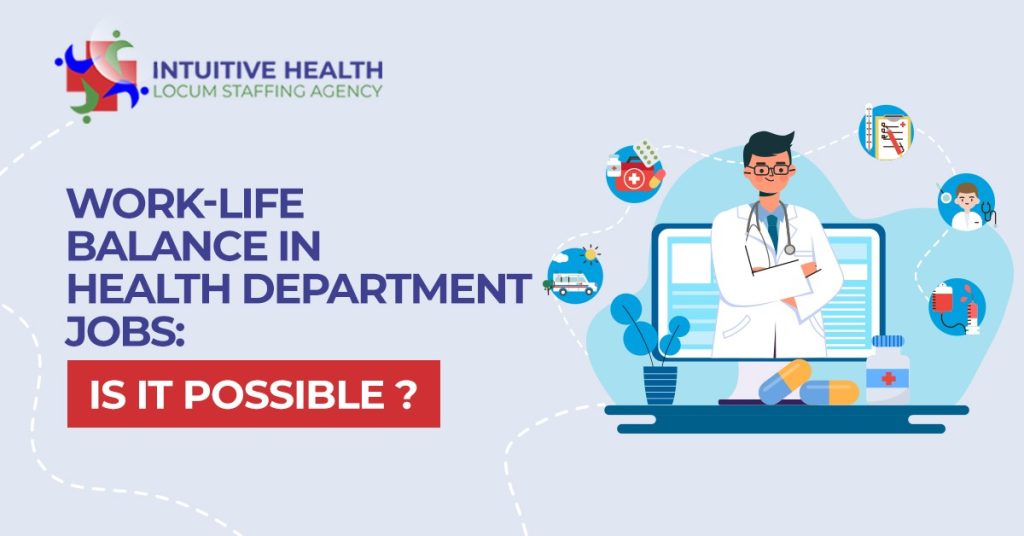Healthcare staffing agency fees can be expensive. But how much should you be paying? Many facilities rely on staffing agencies to fill critical roles. However, understanding their fees can be confusing. From bill rates to agency markups, costs vary based on role, location, and urgency.
Wondering how much a healthcare staffing agency charges? Learn about bill rates, markups, and key cost factors to budget wisely and avoid overpaying.

This blog breaks down the average fees so you can budget wisely and avoid overpaying.
Healthcare Staffing Agency Fees: What Do They Charge?
Healthcare staffing agency fees vary with the job role, urgency, and specialization. Most agencies use a bill rate model. This covers wages, agency markup, and other costs. Understanding this can help facilities plan better.
For example, if a nurse earns $50 per hour, an agency with a 30% markup will charge $65 per hour. This markup covers operational costs, benefits, and admin expenses. In general, agency markups range from 25% to 100%.
What Factors Influence Staffing Agency Fees?
Knowing what affects staffing fees helps facilities control costs. Here are the key factors:
1. Job Specialization
Highly specialized roles, such as surgical technologists or respiratory therapists, cost more. These roles require specific skills and expertise, and fewer professionals are available for them.
According to a study published in the Journal of Healthcare Management, the increased utilization of agency labor, particularly in specialized roles, has been linked to higher operational costs for hospitals.

2. Geographic Location
Staffing costs vary by location. Facilities in high-cost areas or regions with healthcare shortages often pay more.
3. Contract Length
Short-term or urgent contracts usually cost more than long-term ones. Agencies need extra resources for urgent hires, increasing costs.
4. Agency Reputation
A well-known healthcare staffing agency with a strong track record charges higher fees. Their experience, compliance, and ability to find top talent justify the premium.
What Are the Components of the Bill Rate?
The bill rate is the total hourly cost a facility pays for a contracted worker. It includes several components beyond wages.
1. Healthcare Professional’s Pay Rate
This is the direct hourly wage of the worker. It depends on:
- Experience & Qualifications: Critical care nurses and surgical technologists earn higher wages.
- Location: Higher costs of living lead to higher pay rates.
- Market Demand: Wages rise during labor shortages.
According to a study published in Health Affairs, increasing the proportion of nursing hours provided by registered nurses (RNs) can lower hospital costs without increasing total nursing hours.
2. Legally Required Labor Costs
Staffing agencies must cover labor expenses, including:
- FICA Taxes: Social Security and Medicare contributions.
- Unemployment Taxes: FUTA & SUTA protect workers from job loss.
- Workers’ Compensation: Covers workplace injuries.
3. Agency Operational Costs
Agencies handle hiring, paperwork, and compliance. Their costs include:
- Recruitment: Advertising, screening, and interviewing.
- Credential Verification: Ensuring proper licenses and certifications.
- Payroll & HR Management: Handling tax filings and documentation.
4. Benefits & Insurance
Many agencies offer perks to attract talent, such as:
- Health & Dental Insurance
- Professional Liability Insurance
- Retirement Plans (401K, etc.)
Benefits of Partnering with Healthcare Staffing Agencies
Despite the costs, staffing agencies offer many benefits:
- Access to a Large Talent Pool: Faster hiring for urgent roles.
- Simplified Recruitment: Agencies handle screening and background checks.
- Flexibility: Adjust staffing levels based on patient needs.
- Compliance & Risk Management: Ensures all hires meet legal requirements.
Worth Reading: What are the Benefits of Locum Tenens?
Considerations for Healthcare Facilities
Before choosing a staffing agency, check if the fees fit your budget and needs. Key factors to consider:
1. Are Agency Fees Cheaper Than In-House Hiring?
Compare agency fees to internal hiring costs, which include:
- Job ads and recruitment marketing.
- HR time spent on interviews and onboarding.
- Training costs and overtime pay.
Staffing agencies can provide better value when these factors are considered.
2. Does the Agency Provide High-Quality Candidates?
Before signing a contract, check:
- Screening and credential verification process.
- Client reviews and success stories.
- Compliance with industry regulations.
A reliable agency should have a strong track record of placing skilled professionals.
Insightful Read: What is the Profit Margin for Locum Tenens?
3. Are the Contract Terms Favorable?
Carefully review:
- Cancellation policies.
- Hidden fees beyond the bill rate.
- Guarantees for replacing unsatisfactory candidates.
- Contract flexibility.
Clarifying these terms ensures a smooth hiring process.
Key Takeaways for Healthcare Staffing

Intuitive Health Services is a healthcare staffing agency whose success is based on a clear understanding of their costs and the value they bring. By breaking down the bill rate components, assessing candidate quality, and reviewing contract terms, healthcare facilities can make informed decisions that support both patient care and financial stability. A well-planned staffing strategy ensures seamless operations while keeping recruitment costs in check.
If you’re looking for a trusted staffing partner, contact us today to discuss your healthcare staffing needs.
Frequently Asked Questions (FAQs)
1. How much do Staffing Agencies Charge?
Staffing agency fees vary depending on the role, location, and contract length. Agencies typically use a bill rate model, which includes the worker’s pay, agency markup, and operational costs. Markups can range from 25% to 100%, depending on urgency and specialization.
2. What Factors Affect Staffing Agency Pricing?
Several factors influence the cost of staffing services, including:
- Job specialization: Highly skilled professionals cost more.
- Location: High-demand areas have higher fees.
- Contract duration: Short-term contracts tend to be more expensive.
- Agency reputation: Established agencies may charge premium rates for quality staffing.
3. Are Staffing Agencies Cost-Effective?
While agencies charge a markup, they help businesses save time and resources by handling recruitment, screening, payroll, and compliance. For organizations with fluctuating staffing needs, agencies can be a more efficient and flexible option than direct hiring.
4. How can Businesses Reduce Staffing Costs?
To optimize costs, companies can:
- Plan staffing needs in advance to avoid urgent, high-fee placements.
- Partner with agencies for longer contracts, which often come at lower rates.
- Compare multiple agencies to find the best pricing and services.
5. What are the Benefits of Working With a Staffing Agency?
Staffing agencies like Intuitive Health Services provide:
- Access to a large talent pool for faster hiring.
- Reduced administrative burden by handling HR tasks.
- Flexibility to scale staffing based on business needs.
- Compliance and risk management to ensure legal hiring practices.


